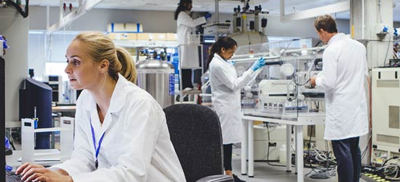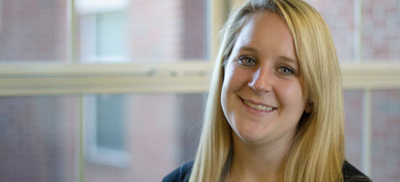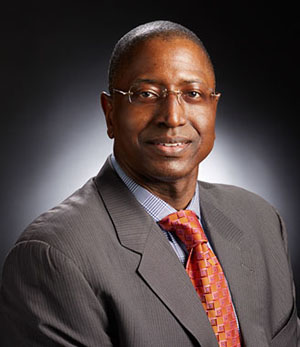Thomas Byrd joined Stevenson University in March 2017, as the Program Coordinator and Adjunct Professor of Cyber Forensics. He comes to the Stevenson University Online with more than 12 years of experience in Information Assurance, Cyber Law, Policy and Ethics, Risk Management, Cyber Security – Incident Response, Mobile Security, and Digital Forensics.
Professional Distinctions
Through his former managerial position within the Federal Bureau of Investigation Cyber Division, Thomas authored intelligence products and participated in national cyber security and emerging technologies conferences as well as industry collaborations sponsored by the U.S. Intelligence Community. He currently serves as a Strategic and Academic Consultant within the Department of Defense, Department of Homeland Security, and various other U.S. Government and corporate agencies. Thomas is also the Chief Executive Officer of Articu-Tech, LLC, a technology startup that exposes primary and secondary students to the science and technology behind mobile devices and digital forensics. He has extensive educational experience through teaching at Loyola and Morgan State University. He joined the Johns Hopkins University/Applied Physics Laboratory (APL) as a member of the Senior Professional Staff in June 2012.
Thomas Shares his Background and Thoughts on the Cyber Forensics Field
My interest in cyber forensics grew out of my curiosity of how things work and fit together. Growing up in Chicago, I was constantly taking things apart and putting them back together, much to my parents’ dismay. This curiosity led me to pursue my education in engineering and law. Years later when I started working in cyber forensics, I realized that the inquisitiveness of how things work transcends all fields and can be applied to cyber forensics, engineering, and law.
I enjoy working in cyber forensics because it is so dynamic; every day is a new day due to the constant advancements in technology. In today’s society, there is a fine line between privacy and security. Our devices are regularly taking note of what we call our “online personas.” They record everything about us from who we associate with to how frequently we visit certain places ultimately creating a contextual profile. Typically, the older generation wants some type of consent to approve or not approve who knows this information. However, the younger generation says, “Who cares?” Many emerging technologies lack affirmative and mindful express consent; we simply turn them on and are instantly trackable to various extents. As a culture, we have started to become immune and desensitized to the information that is collected and do not think of the consequences. We need to stop and think – who else could get this information about me and how can they use it to their advantage? These questions are what keep me constantly engaged in the cyber forensics field.
The best piece of advice to someone starting out in cyber forensics is to be inquisitive and to read, read, read! I am constantly reading, everything from Wired magazine, to the Wall Street Journal, to the latest Federal Trade Commission (FTC) investigative reports. As I stated before, cyber forensics is constantly changing and it is crucial to be as up-to-date as possible. Along with reading, in my spare time I enjoy cooking and traveling. To pick a favorite place I have visited would be impossible, as I appreciate all of my experiences from Rome, London, or Paris to long beach vacations in Honolulu or Maui. My inspiration comes from humanity. I feel that life offers us a huge opportunity to use our talents to improve our surroundings, which involves everything from simply sharing positive words to teaching. To me, teaching is as much about learning as it is educating. I feel it is important to allow different perspectives to shape my thoughts. I look forward to teaching at Stevenson University and learning from our students.






